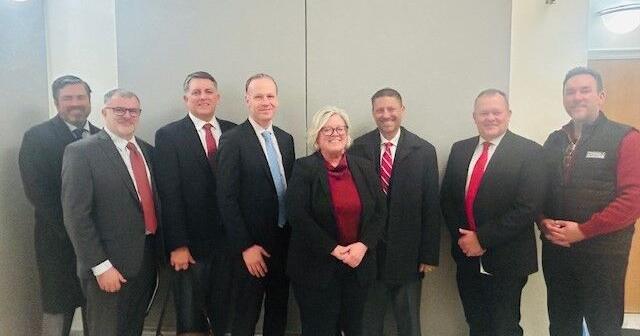(The Center Square) – The Washington Department of Ecology is proposing updates to regulations that reduce pollution from new semi-trucks and other commercial vehicles sold in the state. Ecology contends the updates will increase flexibility and help the industry transition to zero-emission trucks.
DOE is offering over $130 million in taxpayer funding to buy clean trucks and build charging infrastructure expected later this year.
As previously reported by The Center Square, advocates for the trucking industry in Washington say the cart has been placed in front of the horse when it comes to EV trucking. They argue that electrifying big rigs, while a reasonable goal for the future, is nowhere near ready for timeline goals set by WA lawmakers.
“There’s money out there, but we don’t want the money, and the money doesn’t fix it because it’s such a huge issue,” said Steve Gordon of Gordon Truck Centers in an interview with The Center Square. “The rule is not expected to be implemented until October. Well, by the time the rule is implemented, that will have wiped out a whole year’s worth of sales for our industry statewide because the manufacturers have taken this role seriously and they don’t want to be fined.”
Gordon explained the rules aimed at encouraging electric trucks have required that dealers prove they have sold a certain number of EV trucks before they can sell any diesel rigs.
“The only way they’ve been able to make sure that they don’t end up on the wrong side of the forced mandate is to not make diesel trucks available until you, as a dealer, can prove that you’ve sold an EV,” said Gordon. “EVs aren’t selling, and the trucking industry was already in hard times and then stack on top of that the uncertainty around tariffs, and yes, that’s getting worked through and who knows where it all lands, but that’s really hurt imports and export traffic, which is part of what drives the trucking market, so it is bad times for the trucking market. They’re not really interested in paying three times what a normal truck costs and without the infrastructure to support it, it’s really a non-starter.”
DOE says under the Advanced Clean Trucks rule manufacturers can “gradually increase their zero-emission medium- and heavy-duty vehicle sales through 2035, or they can buy credits from other automakers who exceed requirements.”
Gordon said other states surrounding Washington are actually pulling back from plans that require expediting the move to EV trucking.
“Oregon has relaxed restrictions while Washington decided to issue another rule that keeps them in compliance with California,” he said noting that Washington is still linked to California emissions goals, while other states have severed plans to tie their goals to those standards.
As reported by Mountain States Policy Center, Idaho was among 17 states that successfully sought a repeal of California’s electric truck mandates.
“Buyers aren’t purchasing EVs which are available because they’re so expensive and there’s no infrastructure within the state of Washington, let alone, 60 to 70% of the trucking market is interstate. So even if we had infrastructure here and a product that worked, what are you supposed to do when you take a load from the port of Seattle to Idaho, Montana, Utah?” questioned Gordon. “How are you supposed to get that because they aren’t investing in this electrical infrastructure and have no intention to?”
Gordon says buyers are taking their business to other states.
“It really forces customers to buy diesel trucks outside of the state of Washington so that they continue their interstate trucking operation because we’re building a fence around the state of Washington that doesn’t work for an interstate market,” said Gordon.
DOE says they are operating under a legislative mandate.
“Ecology is required to adopt these changes to align with California and other states that choose stronger regulations on vehicle pollution than the federal minimums,” stated DOE in an emailed news release to The Center Square.
Ecology will accept written public comments on the proposed rule changes through July 3, 2025 at 11:59 pm. The agency will also hold public hearings about the changes on June, 24, at 9 a.m. and on June 25, at 5 p.m. Ecology expects to adopt the changes in October 2025.


